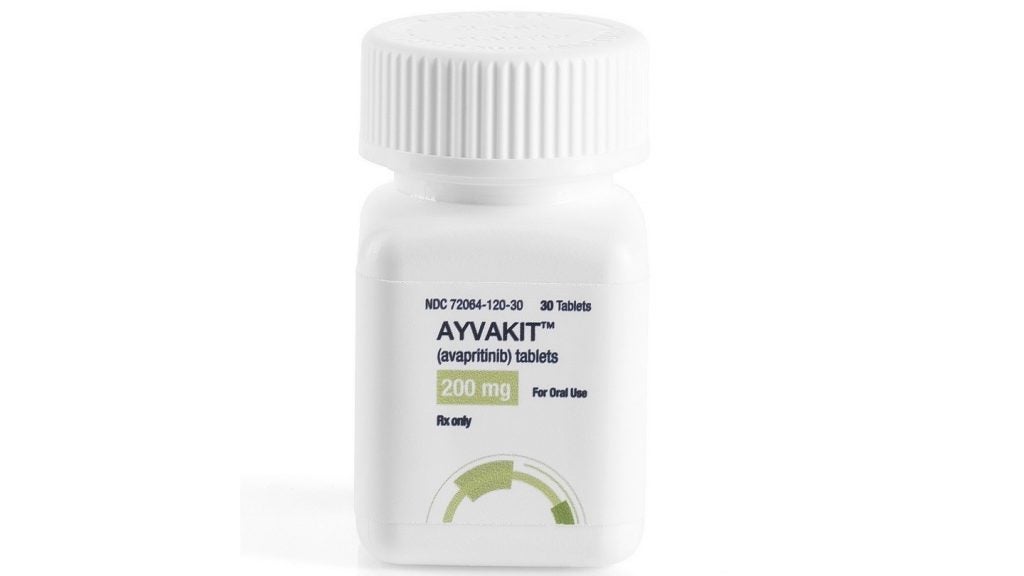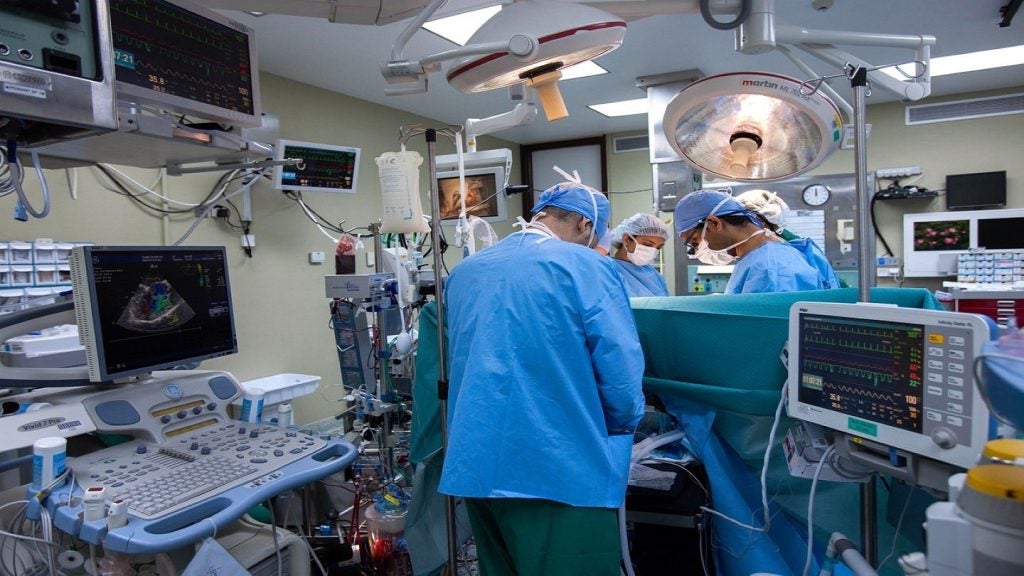The UK Government has unveiled plans to open 13 new community diagnostic centres (CDCs) across the country as part of its plans to utilise the independent sector to reduce the waiting lists of the National Health Service (NHS).
In the South West of England, five of these independent sector-led CDCs will provide services to patients. These CDCs will have permanent sites in Bristol, Redruth, Yeovil, Torbay, and Weston-super-Mare, all scheduled to open fully in 2024.
Three additional locations are set to launch in Southend, Northampton and South Birmingham.
The Southend location will begin operations in November, while the Northampton and South Birmingham locations will commence activities in December.
An additional five centres operated by the NHS will be established in Stoke-on-Trent, Nottingham, Lincoln, Skegness and Hornchurch.
The 13 new centres are expected to provide 742,000 additional scans, tests and checks each year.
With financial backing of £2.3bn ($2.93bn), the government intends to establish up to 160 new centres throughout the country by 2025.
UK Health and Social Care Secretary Steve Barclay said: “By making use of the available capacity in the independent sector, and enabling patients to access this diagnostic capacity free at the point of need, we can offer patients a wider choice of venues to receive treatment and in doing so diagnose major illnesses quicker and start treatments sooner.
“The Elective Recovery Taskforce has identified additional diagnostic capacity that is available in the independent sector, which we will now use more widely to enable patients to access the care they need quicker.”
As of now, there are 114 CDCs operational nationwide, which have provided an extra 4.6 million tests, evaluations and scans since July 2021.
















